If you are among the fans of the apple company and regularly follow all the events surrounding this Californian giant, then you certainly did not miss several cases when Apple misused foreign patents and subsequently had to pay compensation for them. In fact, practically every technology giant is dealing with the problematic abuse of licenses or patents. It is slowly becoming something quite common. It is therefore not surprising that we can often come across these messages. Moreover, the reverse can also happen, with patent trolls trying to extort money from tech giants through lawsuits.
It could be interest you
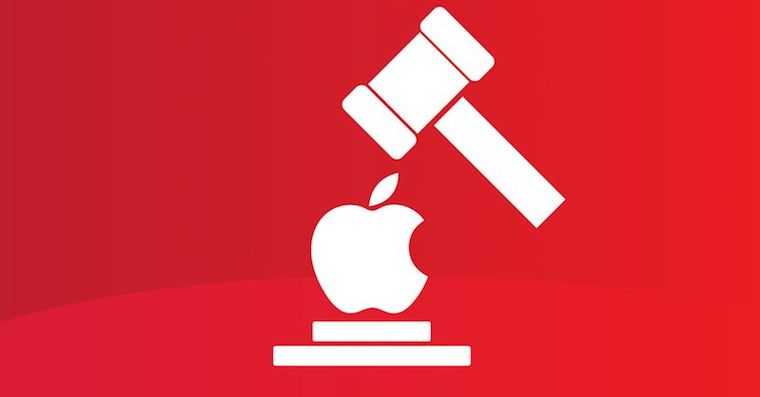
On the other hand, patent abuse by tech giants doesn't exactly make sense twice. When we take into account that these are companies with a slow to unlimited amount of resources, then it simply does not make any sense that they have to abuse patents. Why don't they simply buy them outright and avoid subsequent problems and lawsuits? The entire issue surrounding patents is extremely challenging and several legal experts have focused on it more than once. In this article, on the contrary, we will look at it as briefly as possible.
Patenting everything
Before we get to the core of the problem, it is good to mention the current trend of the technology giants. You may have noticed that quite often there are reports that Apple has registered more patents. These can relate to practically anything - from practical changes to completely unrealistic news, where it is clear at first glance that we will not see them. Quite bizarre, for example, was the patent discussing the transformation of MacBooks, specifically the part next to the trackpad, v wireless charger. In that case, just place the iPhone on the Mac and it would start charging automatically. But when we imagine something like this in practice, it doesn't have to make much sense to us anymore - the phone could get in the way quite fundamentally in that case.
As we indicated above, this is exactly what can be observed with practically all technological giants. It is better to always patent the given technology and have a "paper" stating that you are directly behind it. If something like this were to be realized in the future, companies would have a certain leverage, according to which they could start calling for "justice" for the misuse of their patent. Exactly this system, according to various experts, absolutely kills innovation and completely pushes smaller innovators out of the game, who thus remain rather in the shadows. In simple terms, it can therefore be said that the philosophy of "patenting everything" rules - first come, first serve.

Why giants bypass patents
This is also related to our original question. In many ways, it is pointless for technology giants to try to buy back the necessary patents and thus go through a time-consuming and uncertain process that may not turn out according to their expectations in the end. Of course, on the other hand, in this way, a specific company more or less insures that it will not face other problems in the future. Companies have several reasons for such theft. They may hope that no one will notice the problem, or it may even be cheaper for them to do it straight away and then deal with the consequences. Likewise, these cases can happen unknowingly.
It could be interest you
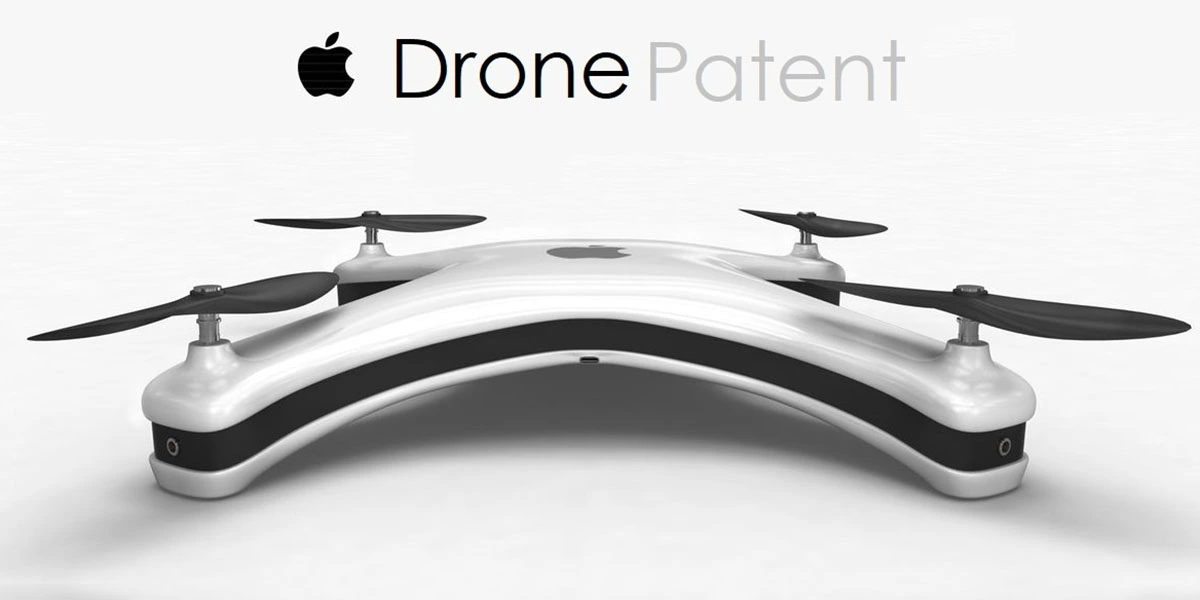
At the same time, however, we must point out that stealing patents is not a completely common practice. Although these situations are talked about quite often, we still have to admit that the technological giants also recognize the standard procedure. Although still a bit different. Instead of buying specific patents, they acquire start-ups and smaller businesses that have invested in interesting patents that promise technological progress. By buying them, they also acquire all their ownership. And, of course, it also includes patents - unless otherwise agreed. As a beautiful example, we can cite the purchase of the modem division from Intel. Apple thereby obtained not only the necessary patents, but also other know-how, technology and qualified experts, which should facilitate the development of its own 5G modems for iPhones and iPads.
 Flying around the world with Apple
Flying around the world with Apple 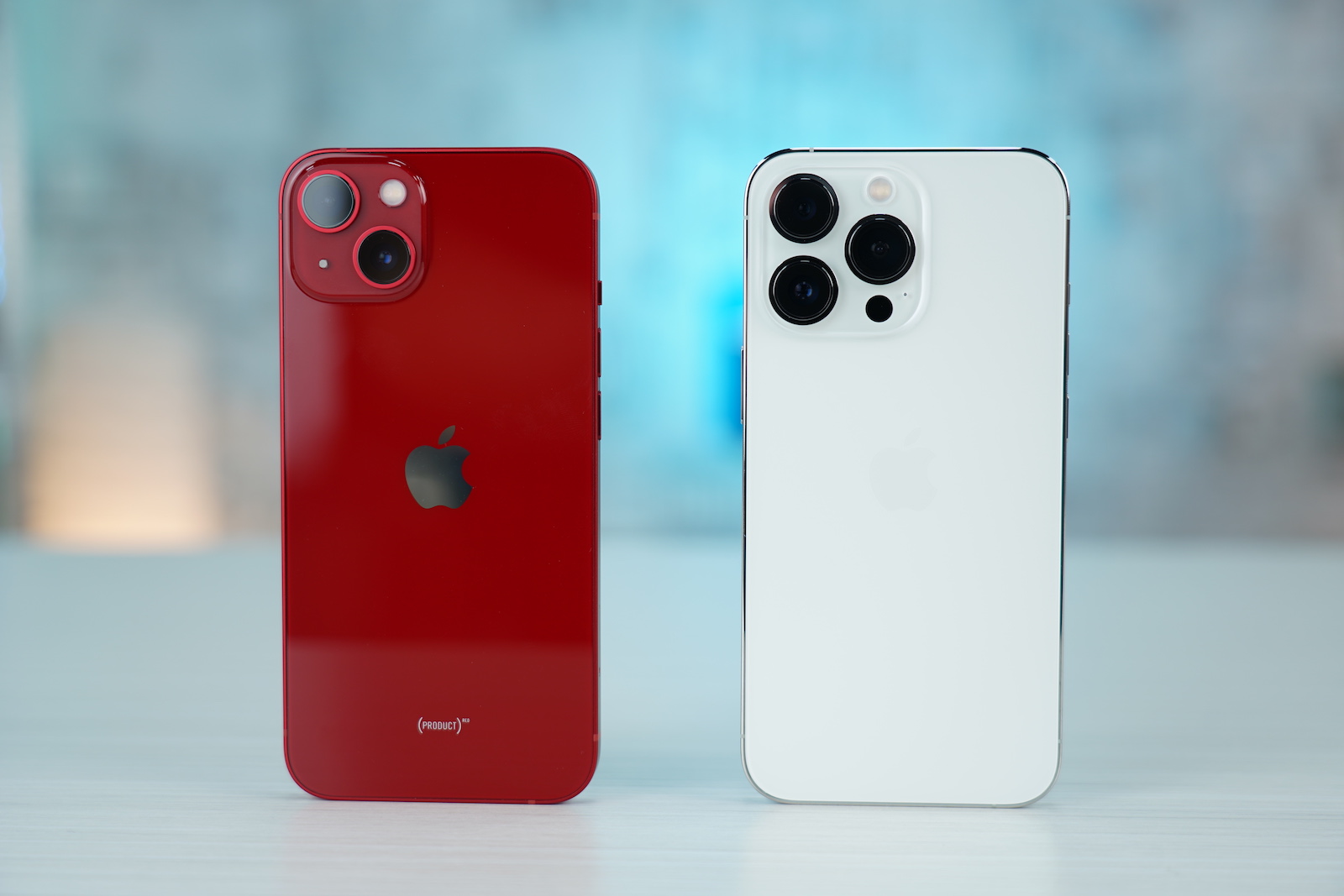
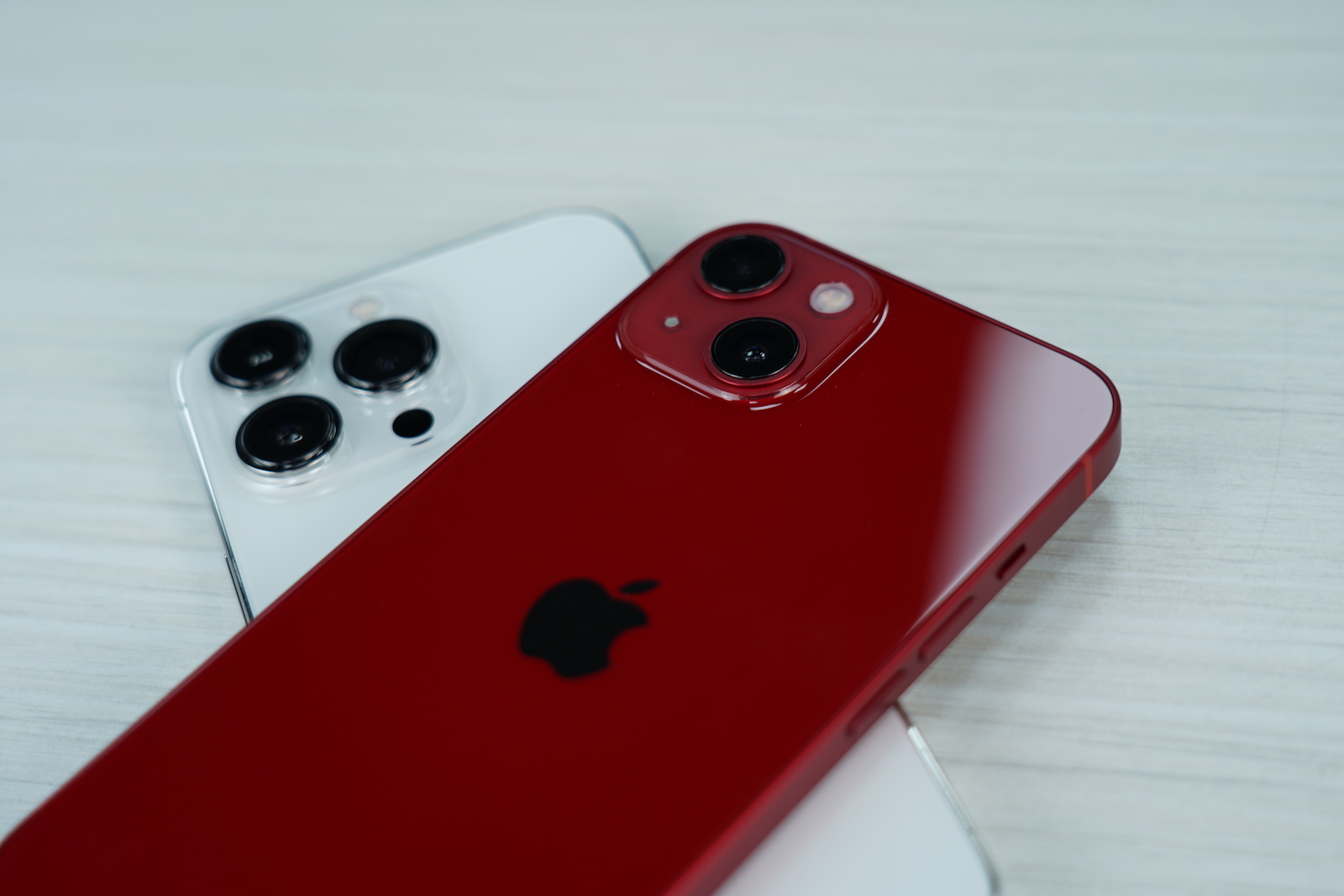

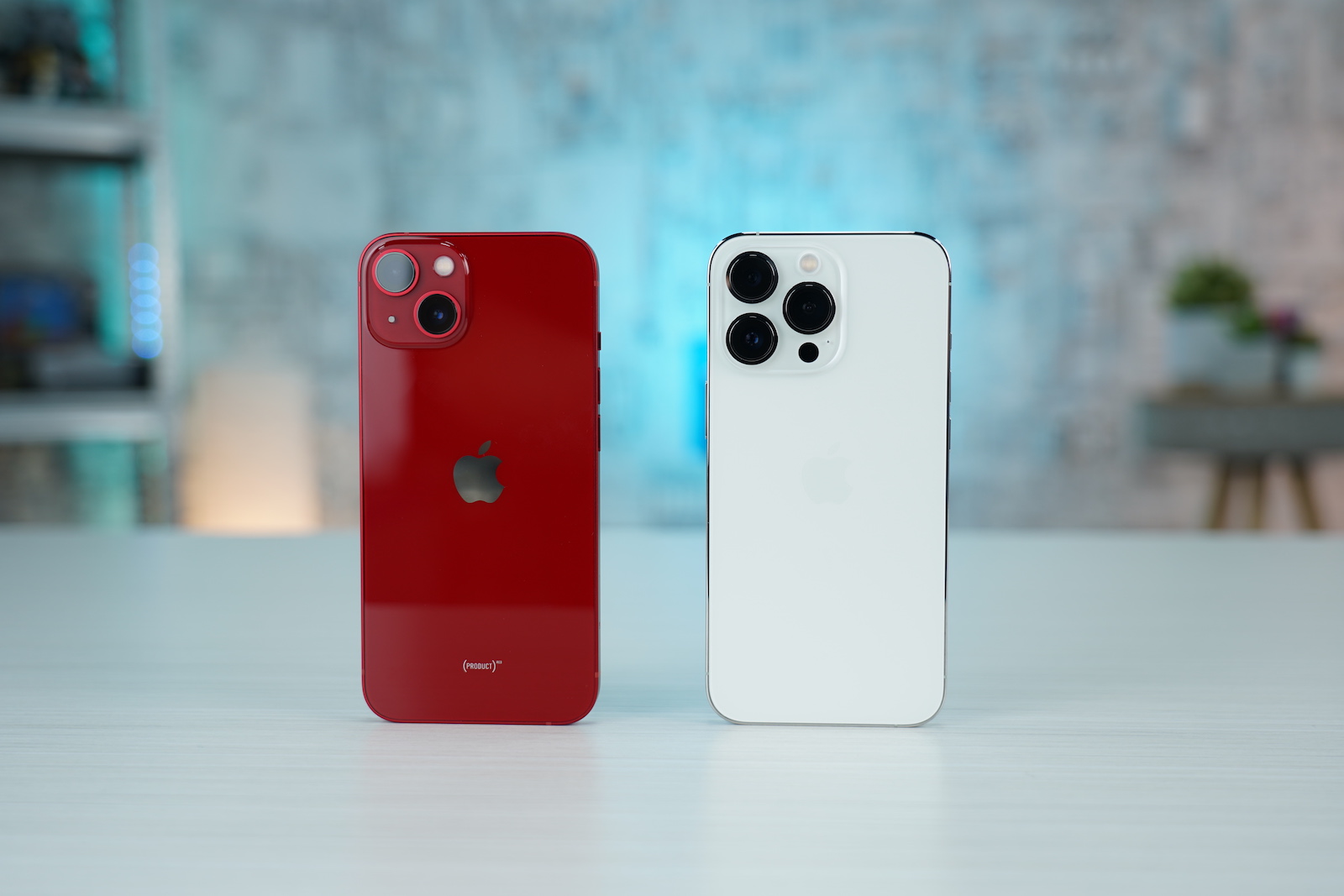
 Adam Kos
Adam Kos